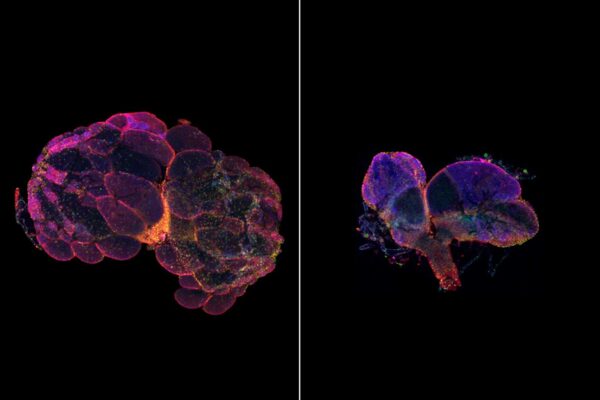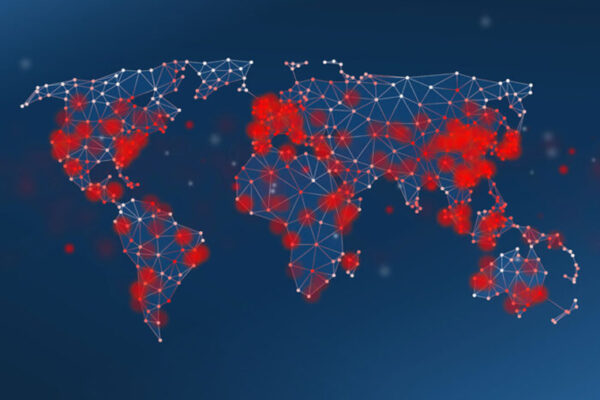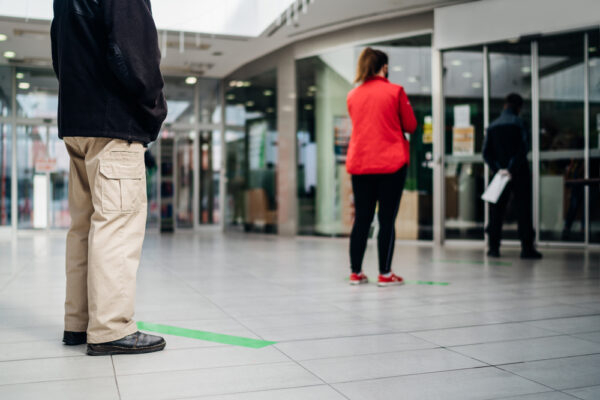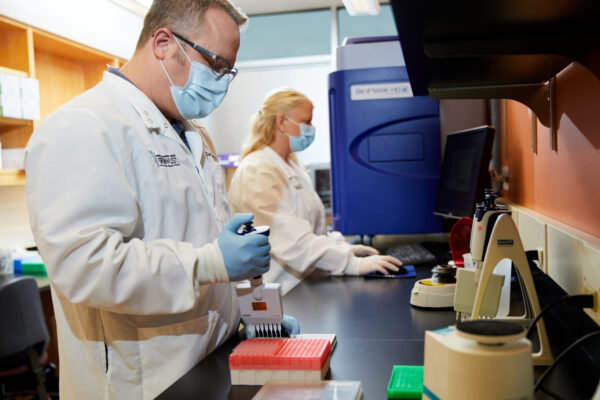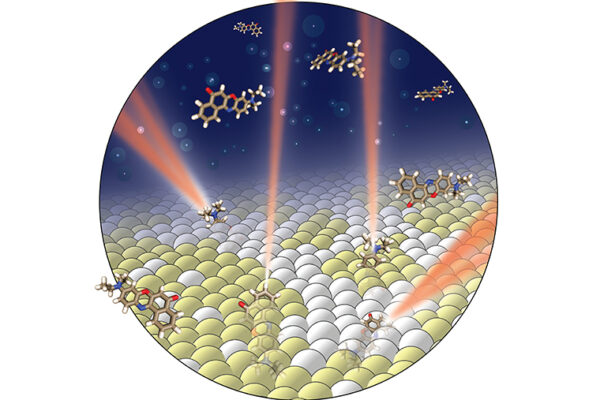How regulations meant to increase poor, minority lending ultimately backfire
New Olin Business School research has exposed a significant increase in poor customer service, fraud and mis-selling by retail banks in low-to-moderate income areas targeted by the Community Reinvestment Act, especially those with a high minority population.
Genetic mutations may be linked to infertility, early menopause
Researchers at the School of Medicine have identified a gene that plays an important role in fertility across multiple species. The study could have implications for understanding human infertility and early menopause.
Identifying emerging diseases focus of new international collaboration
The School of Medicine is one of 10 sites and a coordinating center forming the Centers for Research in Emerging Infectious Diseases, funded by the National Institute of Allergy and Infectious Diseases, part of the National Institutes of Health (NIH).
Meteorite study suggests Earth may have always been wet
A new study finds that Earth’s water may have come from materials that were present in the inner solar system at the time the planet formed — instead of that water being delivered by far-reaching comets or asteroids. The research co-authored by physicist Lionel Vacher in Arts & Sciences at Washington University in St. Louis is published Aug. 28 in Science.
Home inequity: Study finds income, job rut for millions in U.S.
At a time when evictions and mortgage defaults have been likened to an oncoming tsunami across America, a big-data study of loan-to-value ratios in the wake of the 2007-08 recession carries a cautionary forecast for vexing economic weather ahead: The higher a worker’s outstanding mortgage relative to their home value, the worse their future income growth and job mobility.
Some states may have missed optimal timing to enact virus mitigation efforts
A recent study from the Brown School at Washington University in St. Louis provides the first explicit analysis of the timing, determinants and impacts of mitigation interventions for all states and Washington, D.C., during the first five weeks of the pandemic. States initially with high prevalence rates of COVID-19 enacted mitigation interventions, like social distancing, in a delayed fashion, which explained why the case/death counts of COVID-19 in the U.S. remained high for a long period of time.
Washington University develops COVID-19 saliva test
Washington University School of Medicine in St. Louis has developed a saliva-based test for COVID-19 that is faster and easier than the swab tests currently in use. The test could help simplify and expand the availability of COVID-19 diagnostic testing across broad populations.
Nurses over drivers? Elderly over youth? … Who gets vaccinated first?
In this age of coronavirus, with vaccine experimentation moving at historic pace to the clinical trials phase, the ideal inoculation policy would emphasize age more than work-exposure risk, according to a study involving Washington University in St. Louis economists.
COVID-19 human milk studies should continue without stopping breastfeeding, researchers say
It is not easy to conduct human milk research during a pandemic. Yet despite the consistent lack of quality evidence for transmission of viral RNA from breast milk, some leaders are pushing ahead by altering public health and clinical practice guidance, according to E.A. Quinn, associate professor of biological anthropology in Arts & Sciences at Washington University in St. Louis.
Using light’s properties to indirectly see inside a cell membrane
Using properties of light from fluorescent probes is at the heart of a new imaging technique developed at Washington University’s McKelvey School of Engineering that allows for an unprecedented look inside cell membranes.
View More Stories

